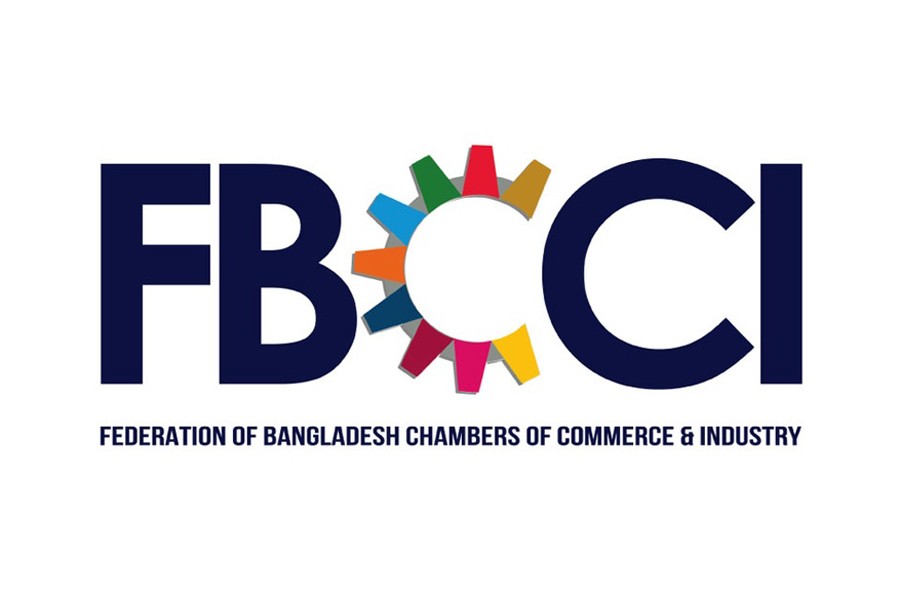The country's apex trade body on Wednesday proposed that the government form a separate cell under the drug administration for the development of herbal and unani medicine sector.
The call was made at the first meeting of the Federation of Bangladesh Chambers of Commerce and Industry's (FBCCI) Standing Committee on 'Export and Development of Herbal, Unani Medicine and Natural Products' held at the FBCCI office.
The committee members at the meeting said that according to the World Health Organisation, 80 per cent of people in some Asian countries and in Africa are still dependent on unani, homeopathy and herbal remedies.
In Bangladesh, about 75 to 80 per cent of the rural people receive unani and homeopathic treatment, they said.
They also said the alternative medicine industry was shrinking despite making significant contributions to the country's healthcare system.
They said the size of the global market for herbal and unani products is $141 billion and is growing at a rate of 10 per cent annually.
Despite the huge demand, it is not possible to export herbal and unani products due to legal complications, they lamented.
It would be easier to solve these problems if a separate cell is formed under the Drug Administration, they pointed out.
They said massive cultivation of medicinal plants would reduce import dependence and also unlock export opportunities.
The FBCCI leaders also demanded the inclusion of unani and herbal medicine in the medical college curriculum.
The meeting disclosed that 90 per cent raw materials of unani and herbal products are imported.
It recommended the establishment of herbal gardens in fallow lands or in economic zones as a public or public-private joint venture.
FBCCI Senior Vice President Mostofa Azad Chowdhury Babu, who was the chief guest at the meeting, said the apex trade body was keen to develop this industry.
He urged the committee to make a list of the potentials of the industry and the possible solutions to the problems, and that the FBCCI would discuss this issue with the government agencies concerned.
Md. Rezaul Islam Milon, Director-in-Charge of the Committee and Director of FBCCI, proposed organising a seven-day fair in every district of the country to promote unani and herbal products.
He said that this fair would increase people's confidence in these (herbal and unani) products.
Raquib Mohammad Fakhrul, chairman of the committee, said a sub-committee would be formed to work out a strategy for the development of the unani industry.
Former Deputy Minister and Chairman of Munshi Group A. F. M Fakhrul Islam Munshi said there are separate ministries in different countries for the unani industry and Bangladesh should take the same initiative.
FBCCI Secretary General Mohammad Mahfuzul Haque was also present at the meeting.


